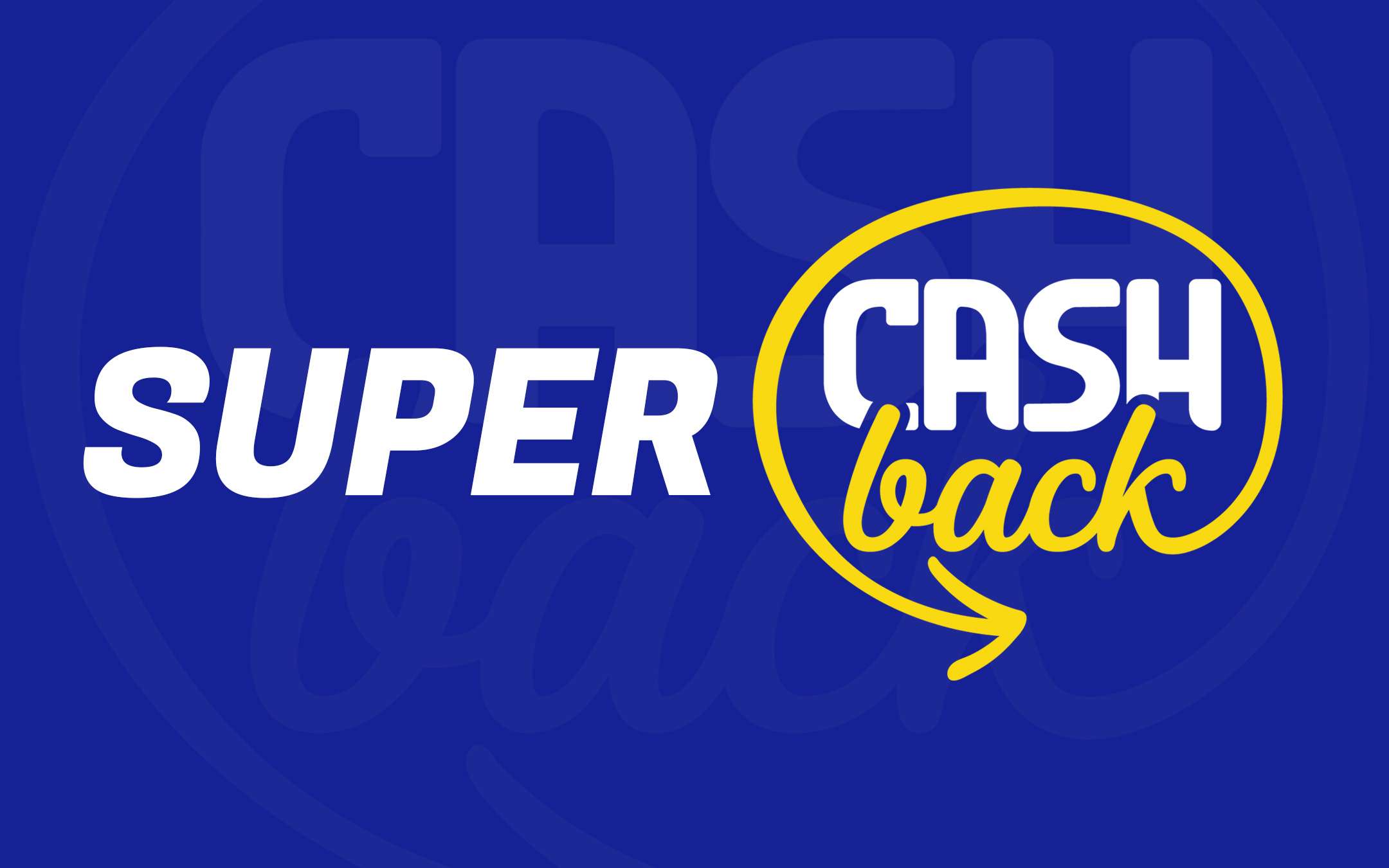Super Cashback at risk? Let's be clear

Stop in the running for Cashback and Super Cashback?
Really there are the actions of the crafty ones who, in order to climb the rankings, generate a large number of close transactions almost zero value, sometimes equal to a few euro cents. Petrol attendants are particularly targeted, as the stories from Trescore Cremasco (CR), Caraglio (CN) and Nervesa della Battaglia (TV) testify. The need to put a stop was also underlined by the National President of FIGISC Confcommercio (Italian Federation of Road Fuel Plants) who asked to intervene to prevent the plant managers and those who participate in the Cashback program correctly. But how many are the "smart guys"? Probably very few, although their media echo is strong. Statistics say that the phenomenon is probably very limited, which also makes it particularly recognizable and, if so, easily suppressed. Not a false problem, in short, but certainly a more detailed problem than it might appear. There remains the disfigurement for an initiative that will now have to seek corrective measures, and which deserves a quick intervention.How to do it, however, is a complex question. As the initiative was conceived, the practice does not constitute any offense: there are no limitations either on the basis of the amount spent or on the frequency of payments. However, the problem must be addressed in some way, otherwise there is a risk of distorting and falsifying the entire operation.
The issue has not gone unnoticed by those sitting in the political halls where some exponents have announced questions calling into question directly the Ministry of Economy and Finance. It will be the subject of discussion by the new Draghi government and changes made during the race cannot be ruled out, but to speak today of "stop" or "block" as half certainty means to pass incorrect information. It is also labeled as "savings" for the public coffers any non-assignment of the repayments already accrued or those provided for by the Super Cashback since doing so does not consider what was the purpose of the project from the first moment (as well as the Lottery of Receipts): discourage the use of cash in favor of electronic payments and, consequently, deal a blow to the scourge of tax evasion that still affects a considerable part of small daily expenses. Considering the State Cashback as a waste of resources and not as an investment in the future of the country means not having understood either its nature or its objectives.
From whom should any corrective initiative be initiated? By the legislator, only and solely by the legislator: without a correction of the texts on which the Cashback is based, no one else can act in any way since the current implementation of the project is a direct result of what is written in the regulations and everything is working properly. The ball is therefore in the hands of Mario Draghi and his executive, starting with the Minister of the Economy, Daniele Franco.
Undoubtedly we are not facing a perfect initiative and the problem of the crafty is a clear testimony . The rules that regulate it were written without taking into account all the scenarios that would have arisen, perhaps as a result of excessive haste. To intervene in the race will not be simple, but a duty. On these same pages almost a month ago we published a list of 10 proposals to be taken into consideration to improve the State Cashback, starting from the criticalities that emerged: point number one concerns precisely "A limit to close transactions".
Someone has hypothesized to limit payments to the same merchant to one per day, but this would penalize those who, for example, choose the credit card or the app to pay for coffee at the bar. What if it's no more than one every two hours? This could discourage practices that are not useful for the purpose such as splitting up the shopping at the supermarket, making more supplies in a few minutes and other similar unhealthy forcing.
To date, it does not appear that any taking of position on the issue, but with a good approximation it is easy to imagine that the issue is already on the table among the urgent interventions. Also, and not only, for the strong pressures that are coming from the trade associations concerned.